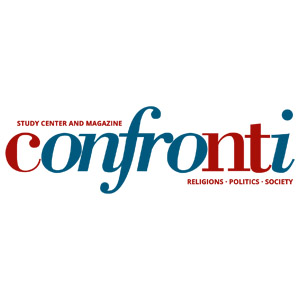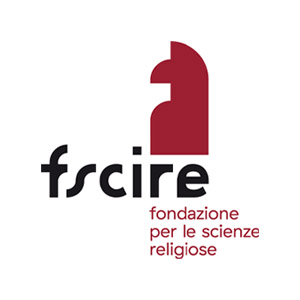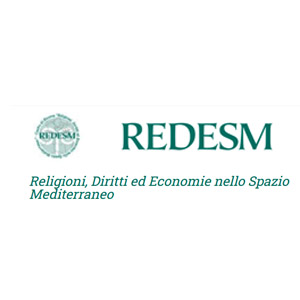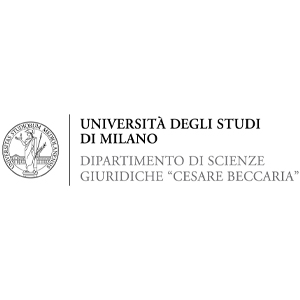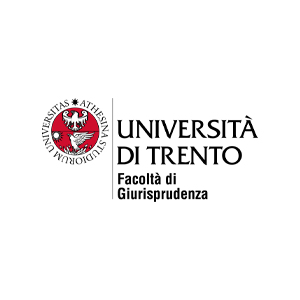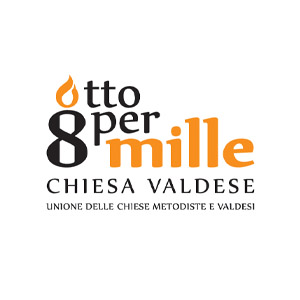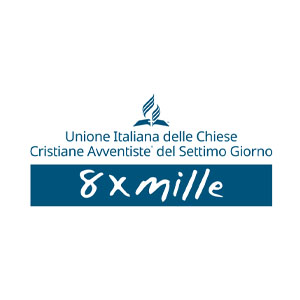Parents’ right to educate children
Universal Declaration of Human Rights
Art. 26(3): “Parents have a prior right to choose the kind of education that shall be given to their children”.
https://www.ohchr.org
International Covenant on Civil and Political Rights
Art. 18(4): “The States Parties to the present Covenant undertake to have respect for the liberty of parents and, when applicable, legal guardians to ensure the religious and moral education of their children in conformity with their own convictions”.
https://www.ohchr.org
International Covenant on Economic, Social and Cultural Rights
Art. 13(3): “The States Parties to the present Covenant undertake to have respect for the liberty of parents and, when applicable, legal guardians to [...] ensure the religious and moral education of their children in conformity with their own convictions”.
https://www.ohchr.org
Convention on the Rights of the Child
Art. 14(2): “States Parties shall respect the rights and duties of the parents and, when applicable, legal guardians, to provide direction to the child in the exercise of his or her right in a manner consistent with the evolving capacities of the child [...]”.
Art. 29(1): “States Parties agree that the education of the child shall be directed to: […] c) The development of respect for the child's parents, his or her own cultural identity, language and values, for the national values of the country in which the child is living, the country from which he or she may originate, and for civilizations different from his or her own”.
https://www.ohchr.org
Declaration of the General Assembly on the Elimination of All Forms of Intolerance and of Discrimination Based on Religion or Belief
Art. 5(1-2, 4): “The parents or, as the case may be, the legal guardians of the child have the right to organize the life within the family in accordance with their religion or belief and bearing in mind the moral education in which they believe the child should be brought up.
Every child shall enjoy the right to have access to education in the matter of religion or belief in accordance with the wishes of his parents or, as the case may be, legal guardians, and shall not be compelled to receive teaching on religion or belief against the wishes of his parents or legal guardians, the best interests of the child being the guiding principle.
In the case of a child who is not under the care either of his parents or of legal guardians, due account shall be taken of their expressed wishes or of any other proof of their wishes in the matter of religion or belief, the best interests of the child being the guiding principle”.
https://www.ohchr.org
African Charter on the Rights and Welfare of the Child
Art. 9(2-3): “Parents, and where applicable, legal guardians shall have a duty to provide guidance and direction in the exercise of these rights having regard to the evolving capacities, and best interests of the child.
States Parties shall respect the duty of parents and where applicable, legal guardians to provide guidance and direction in the enjoyment of these rights subject to the national laws and policies.”.
Art. 11(4): “States Parties to the present Charter shall respect the rights and duties of parents, and where applicable, of legal guardians to choose for their children schools, other than those established by public authorities, which conform to such minimum standards as approved by the state, to ensure the religious and moral education of the child in a manner consistent with the evolving capacities of the child”.
https://www.achpr.org
Arab Charter on Human Rights
Art. 30(3): “Parents or guardians have the freedom to provide for the religious and moral education of their children”.
http://hrlibrary.umn.edu
European Convention on Human Rights
Art. 2 of Protocol No. 1: “[…]. In the exercise of any functions which it assumes in relation to education and to teaching, the State shall respect the right of parents to ensure such education and teaching in conformity with their own religious and philosophical convictions”.
https://www.echr.coe.int
Right to open and manage private schools
International Covenant on Economic, Social and Cultural Rights
Art. 13(3-4): “The States Parties to the present Covenant undertake to have respect for the liberty of parents and, when applicable, legal guardians to choose for their children schools, other than those established by the public authorities, which conform to such minimum educational standards as may be laid down or approved by the State and to ensure the religious and moral education of their children in conformity with their own convictions.
No part of this article shall be construed so as to interfere with the liberty of individuals and bodies to establish and direct educational institutions, subject always to the observance of the principles set forth in paragraph I of this article and to the requirement that the education given in such institutions shall conform to such minimum standards as may be laid down by the State”.
https://www.ohchr.org
General Conference of the United Nations Educational, Scientific and Cultural Organization
Art. 5(1): “The States Parties to this Convention agree that: […] c) It is essential to recognize the right of members of national minorities to carry on their own educational activities, including the maintenance of schools and, depending on the educational policy of each State, the use or the teaching of their own language, provided however: i. That this right is not exercised in a manner which prevents the members of these minorities from understanding the culture and language of the community as a whole and from participating in its activities, or which prejudices national sovereignty; ii. That the standard of education is not lower than the general standard laid down or approved by the competent authorities; and iii. That attendance at such schools is optional”.
https://www.ohchr.org
Convention on the Rights of the Child
Art. 29(2): “No part of the present article or article 28 shall be construed so as to interfere with the liberty of individuals and bodies to establish and direct educational institutions, subject always to the observance of the principle set forth in paragraph 1 of the present article and to the requirements that the education given in such institutions shall conform to such minimum standards as may be laid down by the State”.
https://www.ohchr.org
African Charter on the Rights and Welfare of the Child
Art. 11(7): “No part of this Article shall be construed as to interfere with the liberty of individuals and bodies to establish and direct educational institutions subject to the observance of the principles set out in Paragraph I of this Article and the requirement that the education given in such institutions shall conform to such minimum standards as may be laid down by the States”.
https://www.achpr.org
European Convention on Human Rights
Art. 2 of Protocol No. 1: “[…]. In the exercise of any functions which it assumes in relation to education and to teaching, the State shall respect the right of parents to ensure such education and teaching in conformity with their own religious and philosophical convictions”.
https://www.ohchr.org
Public funding
Human Rights Committee
Arieh Hollis Waldman v Canada, Communication No. 694/1996; U.N. Doc. CCPR/C/67/D/694/1996, 3 November 1999
“[…] the Committee observes that the Covenant does not oblige States parties to fund schools which are established on a religious basis. However, if a State party chooses to provide public funding to religious schools, it should make this funding available without discrimination. This means that providing funding for the schools of one religious group and not for another must be based on reasonable and objective criteria".
http://www.worldcourts.com
European Court of Human Rights
Verein Gemeinsam Lernen v. Austria [dec.], application no. 23419/94, 7 February 1994
https://hudoc.echr.coe.int
Guide on Article 2 of Protocol No. 1 to the European Convention on Human Rights
No. 14: “[…]. Article 2 of Protocol No. 1 guarantees the right to open and run a private school, but the States do not have a positive obligation to subsidise a particular form of teaching […]”.
https://www.echr.coe.int




 MENU
MENU CLOSE
CLOSE
